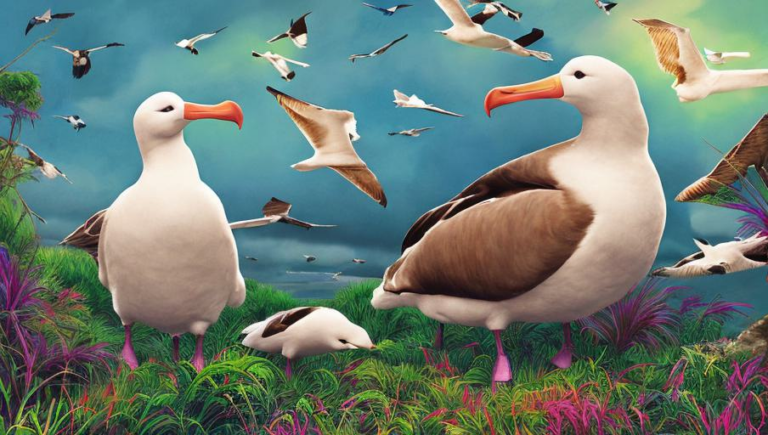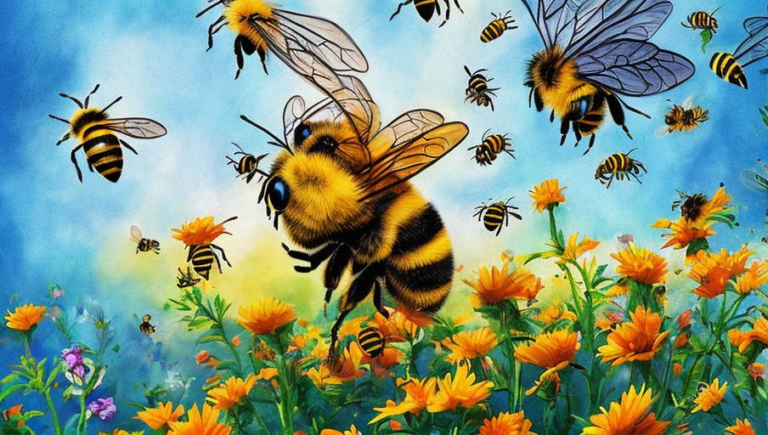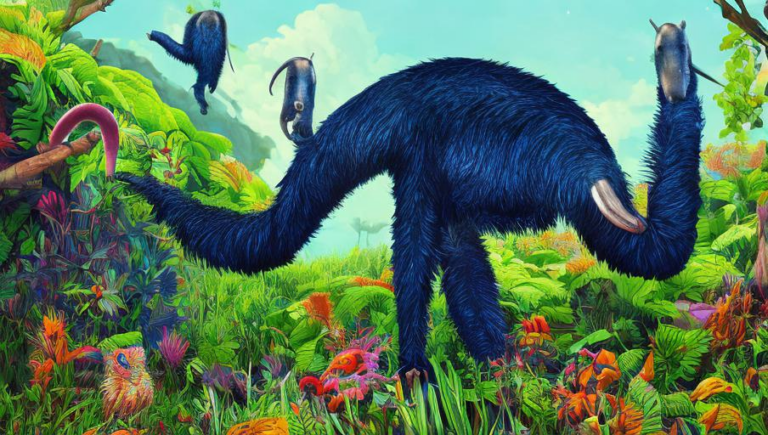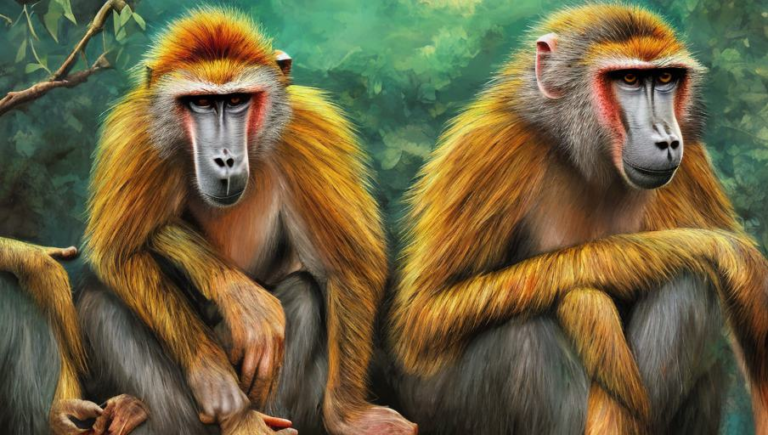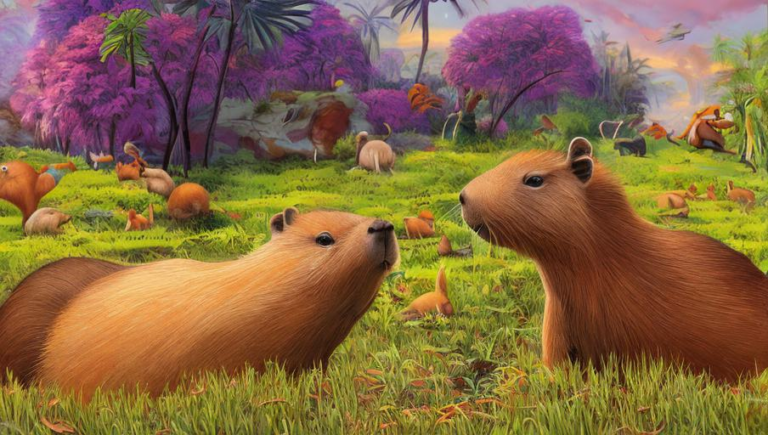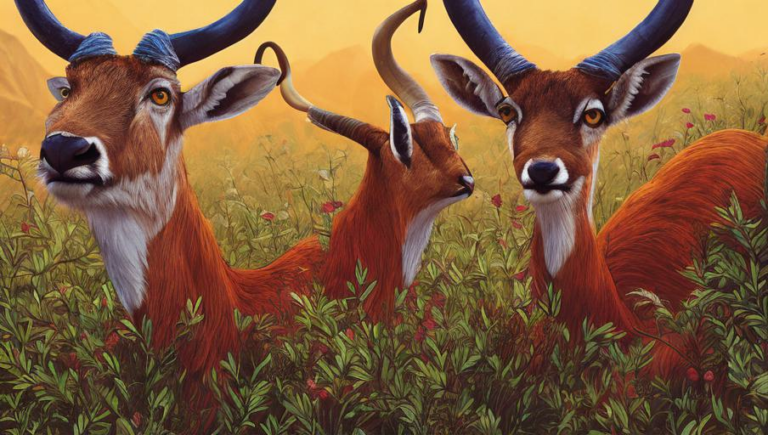Vying for Duck Conservation
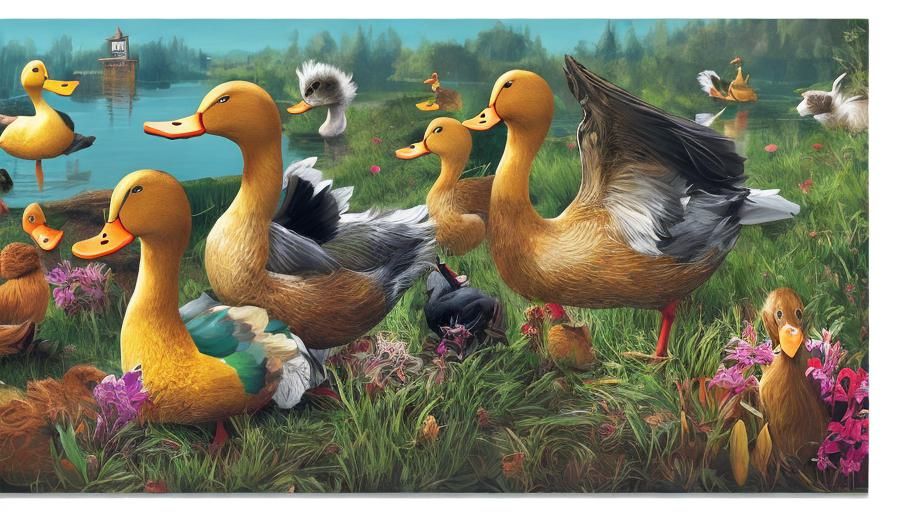
A Growing Need for Duck Conservation
Ducks, a beloved waterfowl species, are in desperate need of conservation efforts around the world. Ducks are incredibly diverse, ranging from the familiar mallard, to the exotic Mandarin duck. These birds are found in many different habitats, including lakes, rivers, wetlands, and coasts. Ducks play an essential role in many of these ecosystems, providing food for predators, aiding in pest and weed control, and creating habitats for other animals.
Unfortunately, duck populations are declining due to a variety of factors, including habitat destruction, pollution, and climate change. In response, there is an urgent need to protect and preserve duck populations. Conservation efforts are being undertaken in many countries, including the US, Australia, and Europe.
Conservation Strategies
The strategies used for duck conservation will vary by species and region. In some cases, the goal may be to reduce threats to the ducks, such as habitat destruction or hunting. In other cases, the goal may be to promote the growth of the population. This may involve the introduction of captive-bred ducks, or the protection of the ducks’ habitats.
In the US, conservation efforts are often focused on protecting habitats, such as wetlands, rivers, and coasts. This includes preserving wetlands by restoring them, and protecting them from development. Additionally, it involves limiting human activities that can be damaging to duck populations, such as hunting and fishing.
In Australia, conservation efforts are focused on restoring wetlands and improving water quality. This includes introducing native plants to improve water quality, and reintroducing native fish to encourage the growth of the duck population.
In Europe, conservation efforts are focused on protecting wetlands and other habitats, as well as restoring habitats that have been damaged. This includes creating protected areas and limiting development in wetlands.
The Role of Education
Education is also a key component of duck conservation. Many organizations are working to educate people about the importance of preserving duck habitats, and the role ducks play in the environment. Additionally, many organizations are providing resources to help people learn about ducks and how to best protect them.
By educating people about ducks and the importance of conservation, the hope is that more people will become involved in efforts to protect ducks and their habitats. This can have a positive impact on the overall health of duck populations around the world.
The Future of Duck Conservation
The future of duck conservation is uncertain, but with the continued dedication of conservationists, scientists, and volunteers, there is hope that duck populations will be able to recover. Through education, habitat protection, and other strategies, ducks can be protected and preserved for generations to come.
